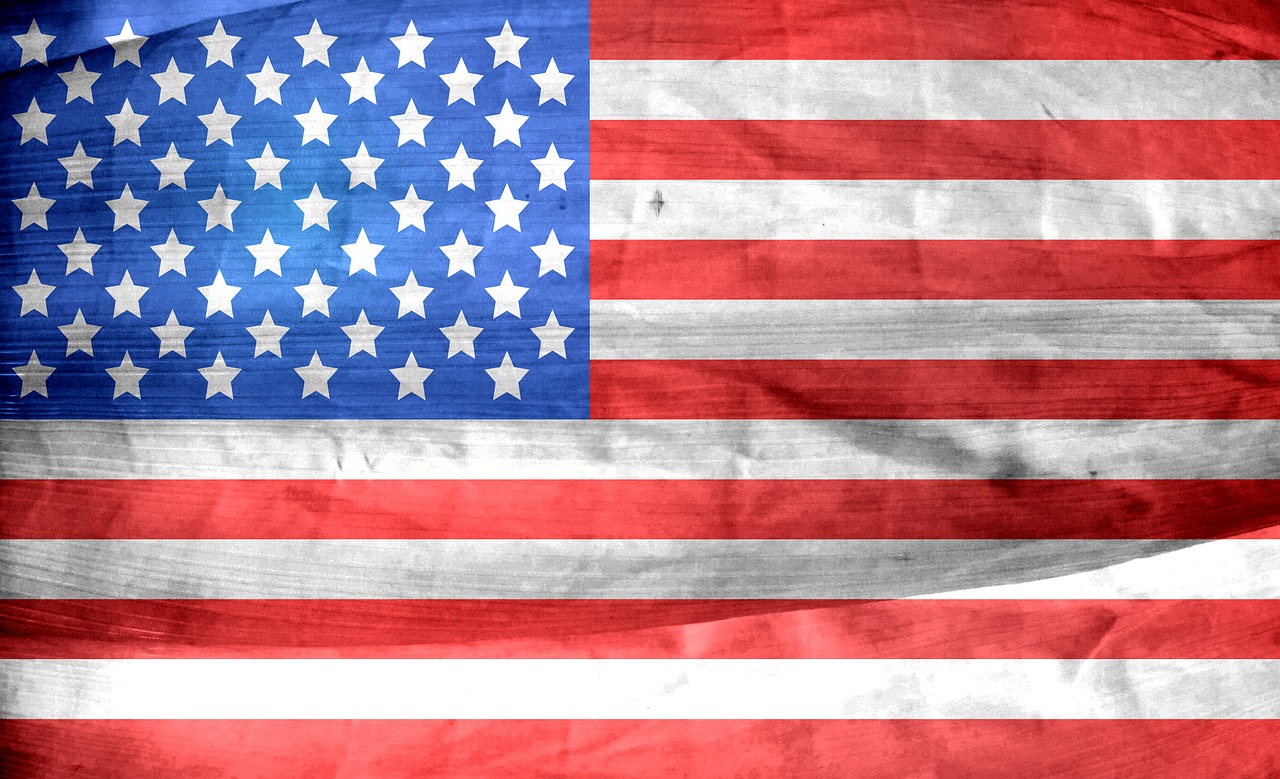The U.S. government offers funding for a myriad of causes through free government grants.
The uses of the funds can range from housing for low-income people to research on diseases, and almost everything in between. Free government funding is typically only available to 501(c)(3) charities, and certain institutions such as city or county governments, schools or other categories approved by the government for funding.
State governments may also offer free government money, either through block grants from the Federal government, or perhaps from their own tax revenues. Again, these funds are not available as grants to individuals.
Free government grants can require careful research to find an RFP that matches your charitable focus. It must match exactly, because government reviewers are paid to eliminate applications that stray from the grant requirements.
The best way to find this free government money is to register on the grants.gov website. There are a variety of search parameters available to check the database. If your mission is typically funded through specific agencies such as the Department of Energy (DOE) or Housing and Urban Development (HUD), you may want to bookmark those specific agencies as well. There are also RSS feeds from the Federal Register, where all new free government grant opportunities are posted first. This feed will also alert you to new legislation that may result in a new program in the future.
One of the most popular uses of free government money is to fund education. These funds are typically accessed by potential users through their educational institution, and are applied for by the school. These are often confused with scholarships or loans, but they are in fact a part of the free government grant funding system. The money has to be accounted for by the school, and if not used, or improperly used, those funds have to be returned by the school to the government. Even free government grants carry some requirement of accountability for the end users.

